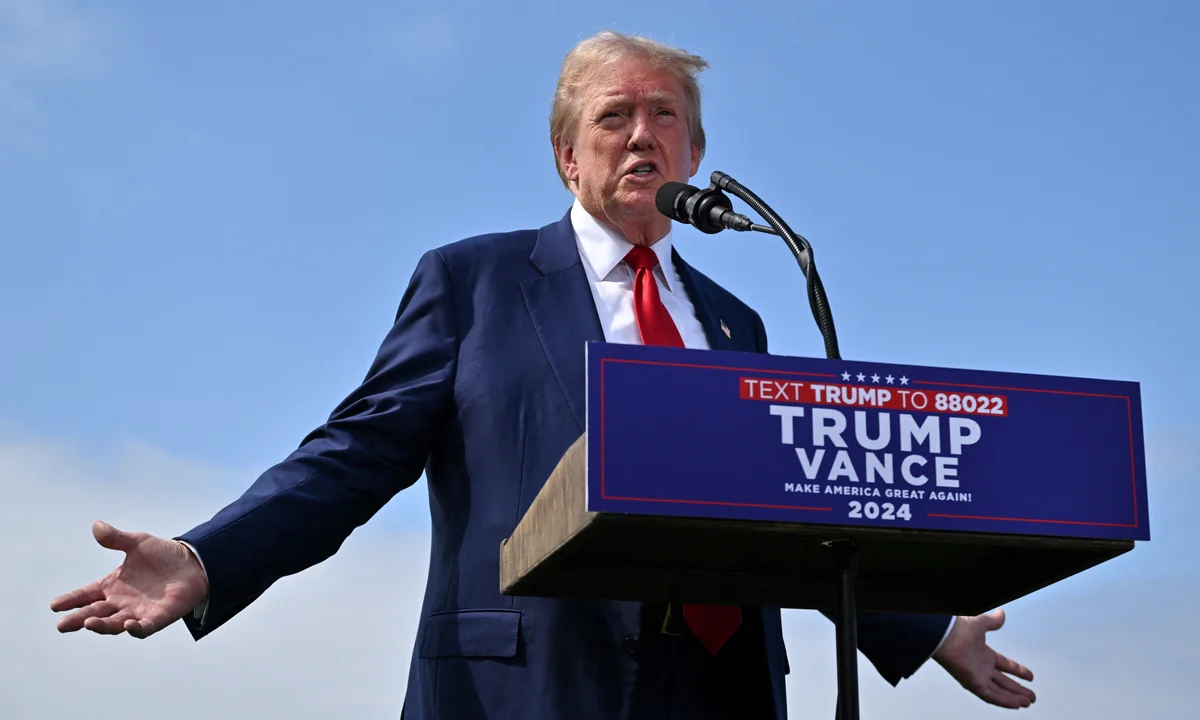WASHINGTON, Nov 6 —Donald Trump’s second term may bring unprecedented levels of coordination at the federal level, employing agencies across government to carry out deportations of hundreds of thousands of people. He will leave no stone unturned in using every tool in his arsenal to enforce immigration policies, believes his supporters and former officials.
Mandate for Mass Deportations
In a stunning political comeback, Trump defeated Democrat Kamala Harris by a probable Republican victory in Edison Research. Speaking before his supporters, Trump termed his victory “an unprecedented and powerful mandate.” Immigrant groups warned his campaign promise to deport a record number of immigrants whom his running mate, JD Vance, estimated 1 million could be a source of division, expense, and family separation, tearing apart communities nationwide.
Bleak history with mass deportations
While Trump’s immigration policy was draconian, the president did little in his first term to increase deportations. Through the Joe Biden presidency of the United States, more immigrants have been deported than in any of Trump’s years in office. An effort to deport millions would mean a heavy reliance on US Immigration and Customs Enforcement officers, detention centers, and judges. A study by the American Immigration Council estimated that a mass deportation of 13 million could cost the US nearly $1 trillion over ten years.
Key Challenges and Legal Barriers
Former acting director of Immigration and Customs Enforcement, Tom Homan, who may be part of the new government, said that the possibility of Trump’s policies depends on various factors like budgetary allocations and detention facilities. Other federal employees were also vocal in expressing their opposition to Trump’s policies during his first tenure, which is a repeated case in a row this time.
Advocacy groups like the American Civil Liberties Union (ACLU) would also likely oppose the deportation through the courts. One of those attorneys for the ACLU who once challenged Trump’s family separation policy is Lee Gelernt, who has been preparing for a renewed legal battle. “We have more resources and coordination than last time,” he said.
Role of State Department in Mass Deportations
The Trump administration will likely seek a more significant role for the US State Department in its deportation effort. Still, several countries refused to accept deported individuals during Trump’s first term in office. Some of the president’s allies say appointments with stronger stances on immigration will be vital in sidestepping internal opposition at the State Department.
Homeland Security Investigations New Focus
Trump supporters say ICE’s Homeland Security Investigations unit, typically focused on cross-border crime, will need to shift gears toward border enforcement. HSI has pushed back against the assignment of immigration enforcement within DHS, arguing that deportation will make it more challenging for the agency to build community trust. Miller, an architect of Trump’s immigration agenda, indicated that National Guard troops from Republican-led states may be able to help enforce in “resistant” areas.
Use of the Alien Enemies Act and Legal Ramifications
A problematic measure would be Trump’s resorting to the 1798 Alien Enemies Act to hasten the deportation of suspected gang members. The wartime law was enforced on only one other occasion: during the War of 1812, World War I, and World War II. Advocacy groups have also urged its repeal, as it can allow for the indefinite detention of people with no form of judicial review.
Trump officials, including a former DHS official, George Fishman, say this law must be defended. “I worry a little about overpromising,” Fishman said, referring to the potential litigation bases on which to challenge foreign influence over deportees.
A Divisive Path Forward
As Trump prepares to spend a second term in office, the package of mass deportation policies has also set off a heated debate all across the country. Immigrant rights advocacy groups are already preparing for legal battles that could erupt, but Trump supporters and allies within the administration are serious about pushing through a host of ambitious immigration policies—policies that may face practical and judicial hardships.















